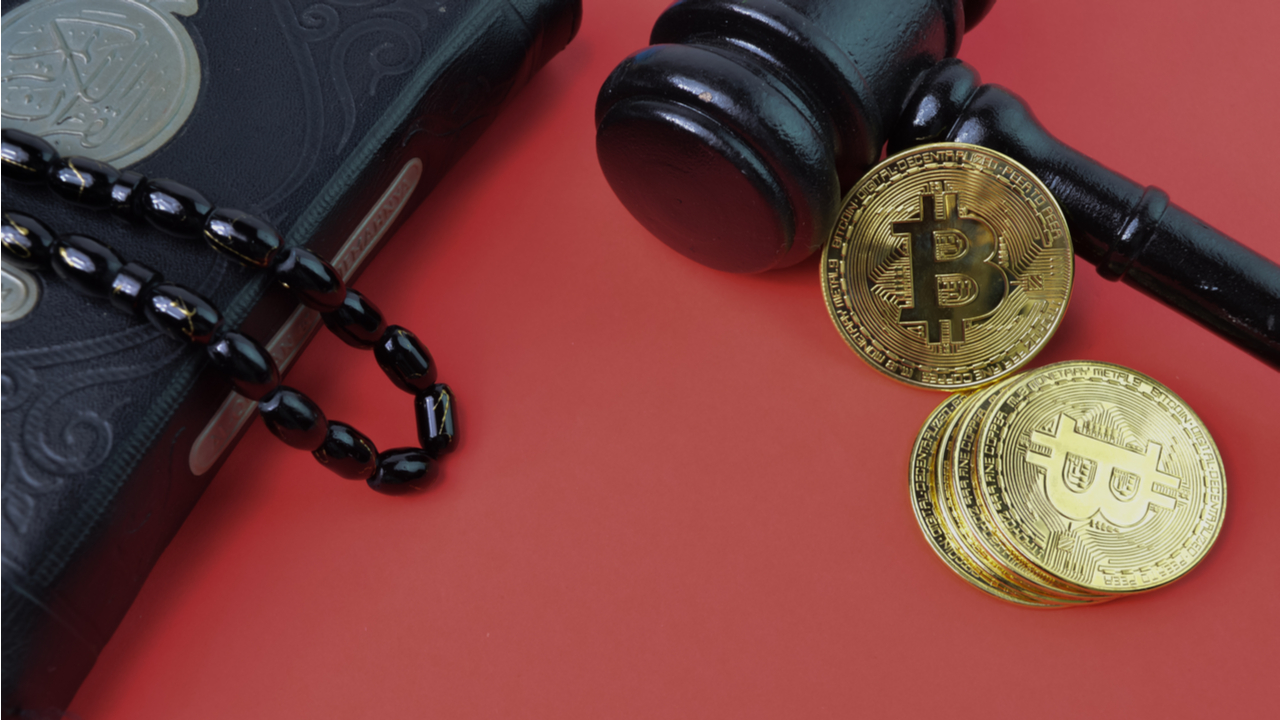The Indonesian Ulema Council (MUI), the nation’s top Islamic scholars body has officially declared cryptocurrency ‘haram’, or forbidden.
The decision was made by the council at a forum on Thursday, according to MUI chairman, Asrorun Niam Soleh.
Cryptocurrencies were made legal in Indonesia in 2018, when the Ministry of Trade approved the trading of Bitcoin and crypto assets as commodities.
However, the central bank of Indonesia does not recognise cryptocurrency as a means of payment, and many other banks treat crypto transactions with suspicion.
Indonesia is home to several crypto exchanges including the Binance-backed platform Tokocrypto, and has established strict anti-money laundering regulations since 2019.
The decision to declare cryptocurrency haram is an interpretation of Islamic finance which forbids risk, harm, and speculation under Sharia law.
According to Asorun, the fact that there is no physical form means that cryptocurrency does not meet Sharia requirements.
Despite the declaration by the MUI, the council’s views and decisions on cryptocurrency are not legally binding, however with Indonesia being home to the largest muslim population in the world, its influence extends to a significant sector of the population.
With a quarter of the world’s population being muslim, the implications of interpretations of cryptocurrency as either forbidden or permitted has the potential to aid or hinder cryptocurrency adoption for a large percentage of the world.
The current uncertainty surrounding cryptocurrencies is not simply limited to religion, however, and reflects a larger issue of regulation and uncertainty in the cryptocurrency industry.

 Join Daily Trust WhatsApp Community For Quick Access To News and Happenings Around You.
Join Daily Trust WhatsApp Community For Quick Access To News and Happenings Around You.


